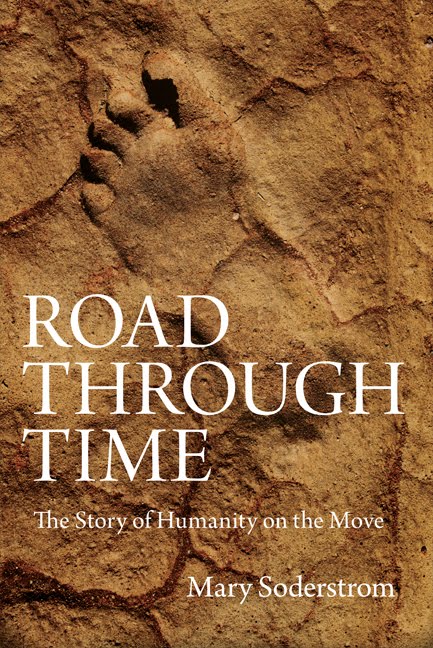Friday 12 March 2010
Blast from the Past: When Every Book Published in the US Was Sold
Next week, we'll be discussing Gwethalyn Graham's Earth and High Heaven at the Atwater Library, and I've been scouting around to see if I can update the information I have about the book. In doing so, I came across a great story from 1944, the year it was published, when Time reported on the amazing success publishing was having.
The story begins: "Asked how he was handling the...buying rush, the manager of Scribner's Manhattan bookshop replied...: "Oh, at 9 o'clock we just open the doors and jump out of the way." It continues: "Almost every published book was sold, and many a title would have sold far more copies if paper had been available to print them. Despite competition of movies, magazines and radio, more U.S. citizens were reading more books than ever before."
Probably most of the 1944 titles have been forgotten, but among the books that flew off the shelves were some very good ones including John Hersey's Bell for Adano, Lillian Smith's story of miscegenation in the South, Strange Fruit (475,000 copies), and "Graham's homely rebuff to Canadian antiSemitism, Earth and High Heaven (125,000 copies)."
Part of the boom, the story muses, is due to gasoline rationing which kept civilians at home and the lack of entertainment and masses of deadtime soldiers faced. I remember my father, WWII vet from the US Army, grumbling about how often he had to "hurry up and wait," while my brother-in-law's father, a British Marine enlisted man who served in Northern Africa and Burma, spoke fondly decades later of paperbacks that fit perfectly in the pocket of fatigues and could be pulled out whenever he had a few minutes free.
It would be interesting to know if paperbacks--or even Kindles--are readily available to the tens of thousands of troops in Iraq and Afghanistan. As Time notes "reading habits acquired by millions...are unlikely to be broken. And the public appetite is certain to be fed and stimulated by mass production and distribution of books on an unprecedented scale. "
The story begins: "Asked how he was handling the...buying rush, the manager of Scribner's Manhattan bookshop replied...: "Oh, at 9 o'clock we just open the doors and jump out of the way." It continues: "Almost every published book was sold, and many a title would have sold far more copies if paper had been available to print them. Despite competition of movies, magazines and radio, more U.S. citizens were reading more books than ever before."
Probably most of the 1944 titles have been forgotten, but among the books that flew off the shelves were some very good ones including John Hersey's Bell for Adano, Lillian Smith's story of miscegenation in the South, Strange Fruit (475,000 copies), and "Graham's homely rebuff to Canadian antiSemitism, Earth and High Heaven (125,000 copies)."
Part of the boom, the story muses, is due to gasoline rationing which kept civilians at home and the lack of entertainment and masses of deadtime soldiers faced. I remember my father, WWII vet from the US Army, grumbling about how often he had to "hurry up and wait," while my brother-in-law's father, a British Marine enlisted man who served in Northern Africa and Burma, spoke fondly decades later of paperbacks that fit perfectly in the pocket of fatigues and could be pulled out whenever he had a few minutes free.
It would be interesting to know if paperbacks--or even Kindles--are readily available to the tens of thousands of troops in Iraq and Afghanistan. As Time notes "reading habits acquired by millions...are unlikely to be broken. And the public appetite is certain to be fed and stimulated by mass production and distribution of books on an unprecedented scale. "
Subscribe to:
Post Comments (Atom)


















No comments:
Post a Comment